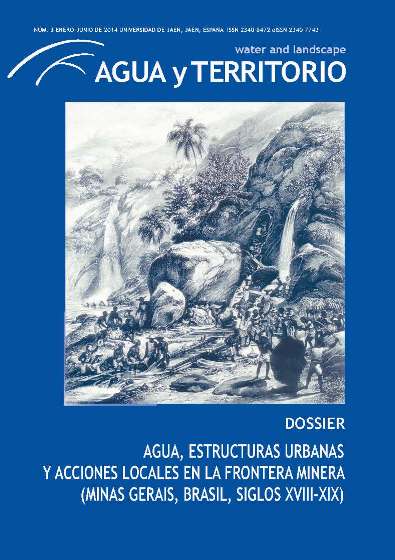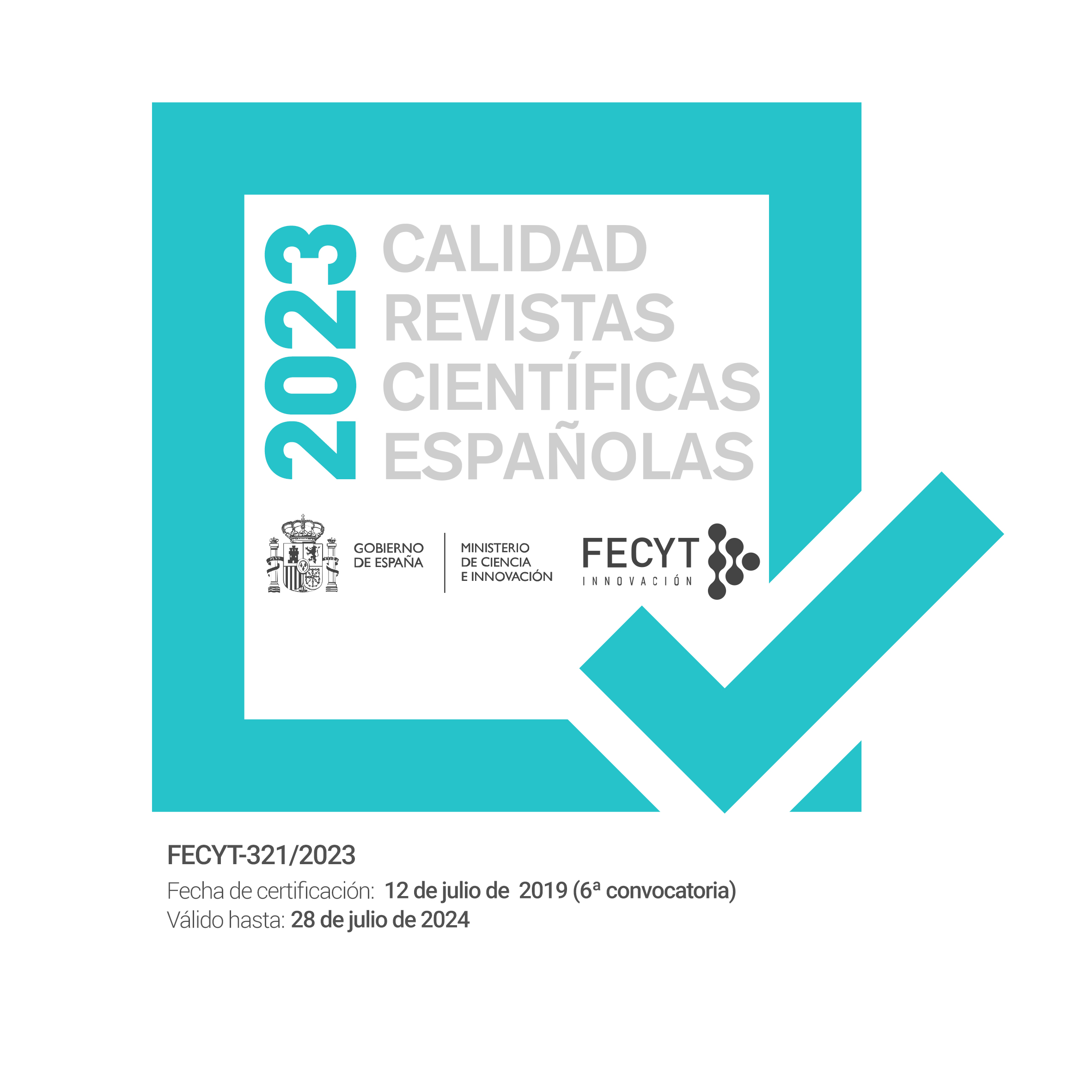Public Water Policy and the Assertion of Municipal Power in Eighteenth-Century Vila Rica (Minas Gerais, Brazil)
DOI:
https://doi.org/10.17561/at.v1i3.1419Abstract
Water policy in eighteenth-century Vila Rica was a major concern for the Portuguese monarchy, the municipality and the local inhabitants, and hence it involved both “common” and “private” interests. In just a few decades, this mining town, located in the center-south of Brazil, expanded swiftly due to the discovery of gold at the end of the seventeenth century. Founded in 1711, a decade later Vila Rica became the governor's headquarters of the captaincy of Minas Gerais.
This community management case study of water reveals the genesis of the legal statutes of “public waters,” that is to say its creation, its principles and its continuity within the dynamics of Portuguese colonization of Brazil. It argues that the municipal council relied on the emerging concept of “public waters” to impose itself as the authority in charge of natural resource management within the city´s “public sphere”.
In examining this theme, we are guided by the following question: in that under-developed environment, how could a physically inalienable resource, which depended on royal patrimony, become an object of collective or individual appropriation? Our findings show that despite its abundance, water was unequally shared. In addition to this, competitive sharing was more complex due to the diversification of urban activities that required the use of water. The “public waters” attribution differed from other legal statutes that applied to waters in general. For example, the “auriferous waters” category was created by royal order in 1720. In fact, altogether the multiplicity and the flexibility of the urban waters regimen underline the institutional organization setting while also underscoring the role of municipal authority.
Spatial and fiscal stakes in water control, simultaneously functional and symbolic, were dominant themes. Indeed, this process secured and affirmed the political and economic autonomy of Vila Rica. These interests had consequences for the territory under municipal control, the growth of the urban population and the volume of public funds. The quality and quantity of the drinking water enhanced the town's image as a “civilized” center. Thus, there was then a clear recognition of how the inhabitants benefited from these policies, especially within a context of rivalry between mining towns and even beyond the local area. In this colonial context, where different spheres of authority commonly clashed, the “public waters” policy seemed to represent a space from which municipal power could exert a degree of autonomy.
Downloads
Downloads
Published
Issue
Section
License
© Universidad de Jaén-Seminario Permanente Agua, territorio y medio ambiente-CSIC.
The originals published in the printed and electronic editions of this journal are the property of the University of Jaén and the Seminario Permanente Agua, territorio y medio ambiente (CSIC), as well as the universities that publish specific monographs in Latin America or Europe. The origin must be cited in any partial or total reproduction.
Unless otherwise indicated, all the contents of the electronic edition are distributed under a "Creative Commons Attribution 4.0 Spain" (CC-by) licence. You can consult from here the informative version and the legal text of the license. This circumstance must be expressly stated in this way when necessary.














